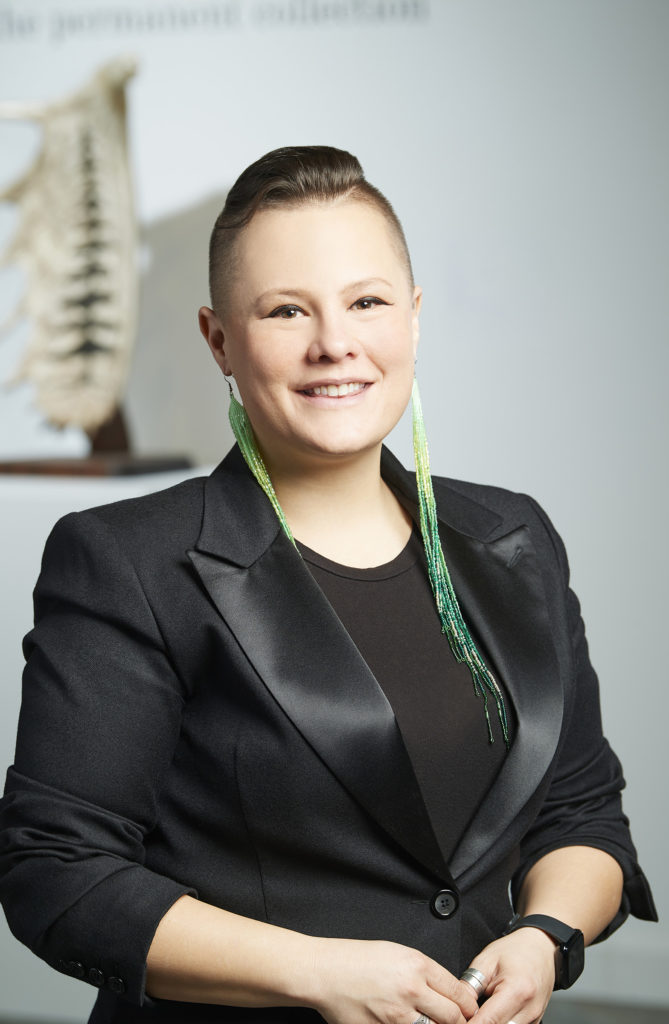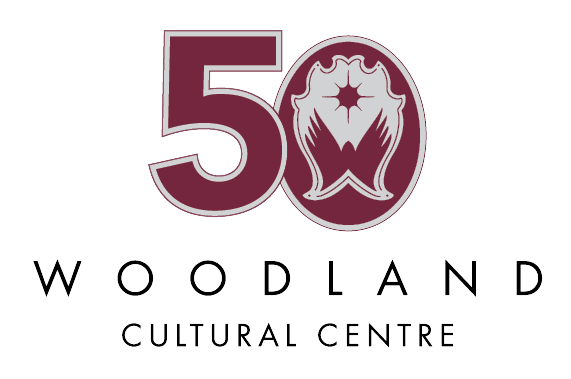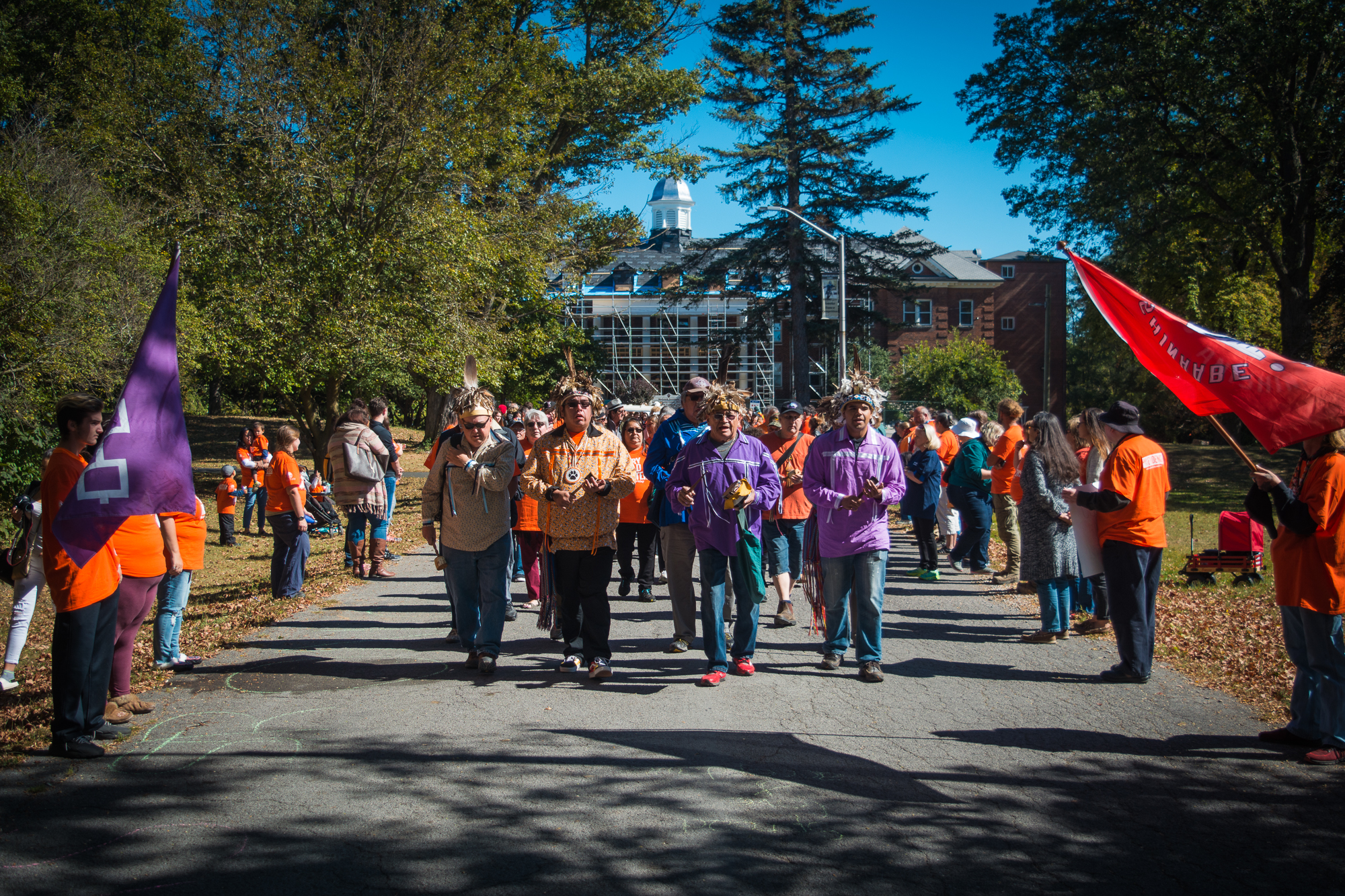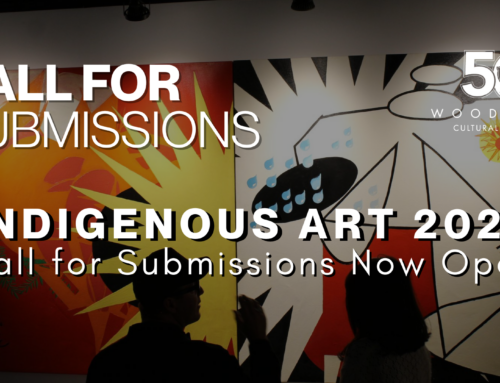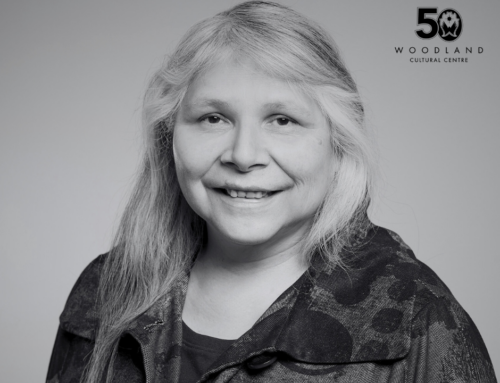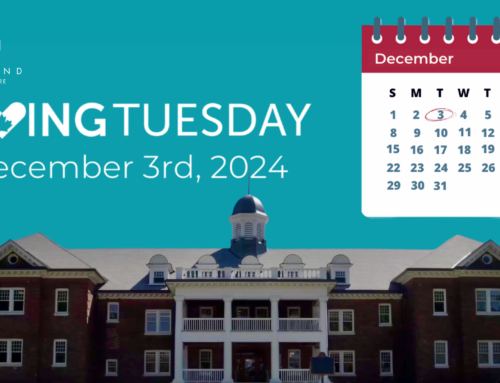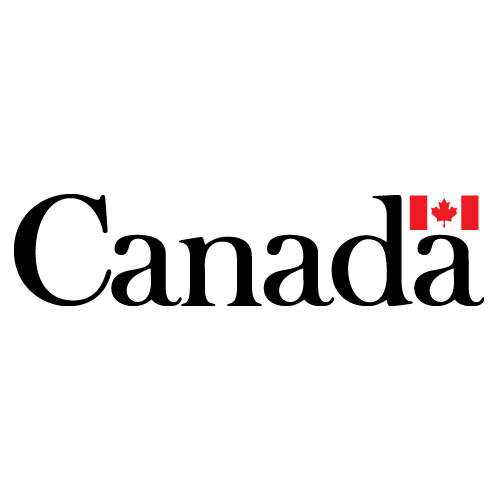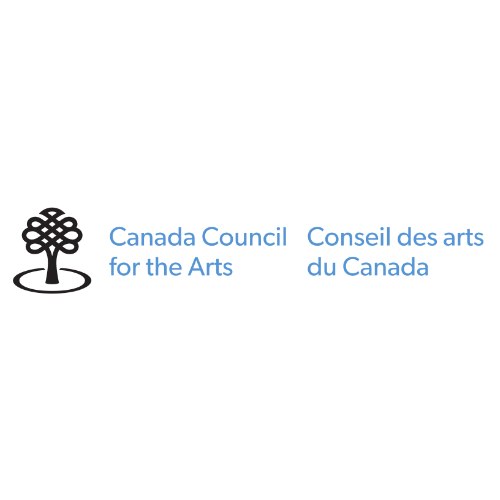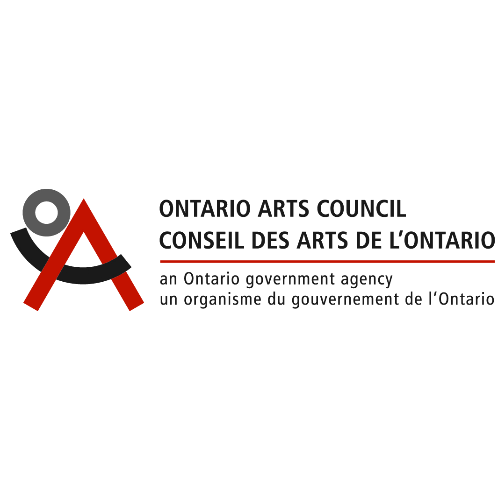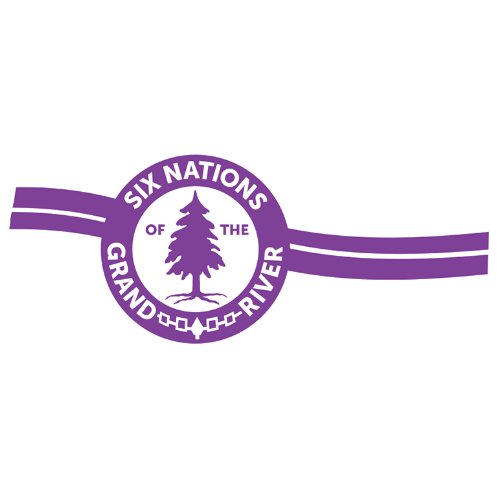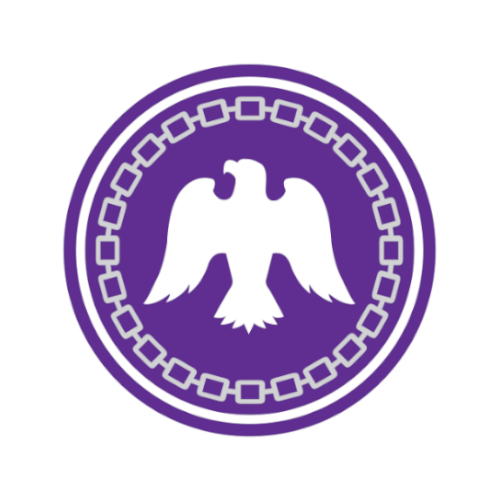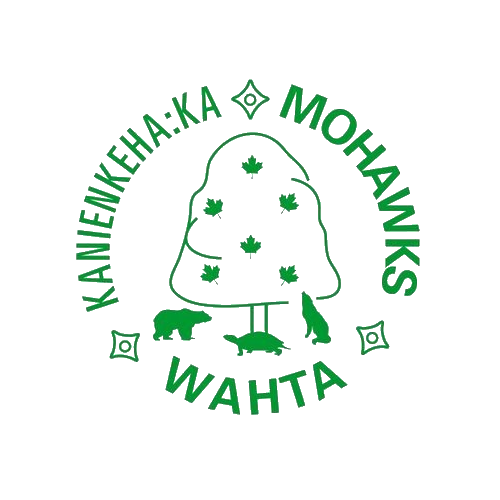Origin of the Word Canada
Did you know the word “Canada” comes from the Kanien’kehá:ka (Mohawk) word kaná:ta meaning a village. What does it mean to be part of a village? Based in a Rotinonhsyón:ni (Hodinohsho:ni) world view, it means that everyone has a role and responsibility, that everyone is cared for, that no one goes without, and that we keep each other safe and maintain peace in our community.
Unfortunately, we know this has not been the case in the relationship between Indigenous peoples and the Canadian State. In 1876, a short nine years after Canada became a nation they enacted the Indian Act, the only law still in existence in Canada that is directed at a specific group of people based on their ethnicity. It was this act that gave the Federal Government the authority over the education of Indigenous children which they delegated to various Christian denominations (including the Anglican, Catholic, and United Church).
The Mohawk Institute was opened in 1828. Originally the school was requested by Joseph Brant as part of his negotiations of the Haldimand Proclamation. Like many Indigenous people, Brant saw value in Indigenous peoples having access to education that would allow them to exist between two very different worldviews. The school quickly became an incarceration facility for children, forced to spend at least half the day in manual labour, prohibited from speaking their language, their names taken away from them, facing constant abuse, and there was very little education happening in this so called school. The Mohawk Institute was funded by the Federal Government and the Propagation for the Society of the Bible also known as the New England Company, a branch of the Anglican Church.
In 1972, two years after the residential school closed, Woodland Cultural Centre was established and throughout its 50 year history has included an art gallery, museum, library, archive, language department, and even a printing press and newspaper for a number of years. The work of Woodland Cultural Centre is a direct response to the impact of residential schools on our children, families and nations. The work of our staff highlights the beauty, brilliance, and strength of our communities through contemporary art, historical and archeological displays, language and cultural programs, and many special events. Our staff work to build the skills and understandings necessary to support kaná:ta, holding space for Indigenous and non-Indigenous peoples to better understand our philosophies, build relationships, and engage in the truth telling that is so necessary to healing our collective village.
While the relationship between Indigenous peoples and the Canadian state has not always reflected the spirit of the word kaná:ta, at Woodland we see that more and more individual Canadians are living up to the origin of the name of their nation. We are grateful to all of you who are helping build a kinder, more inclusive, and just future for this territory and all of us living in kaná:ta.
Niá:wen/Nya:węh/Thank You
Heather George
Executive Director
